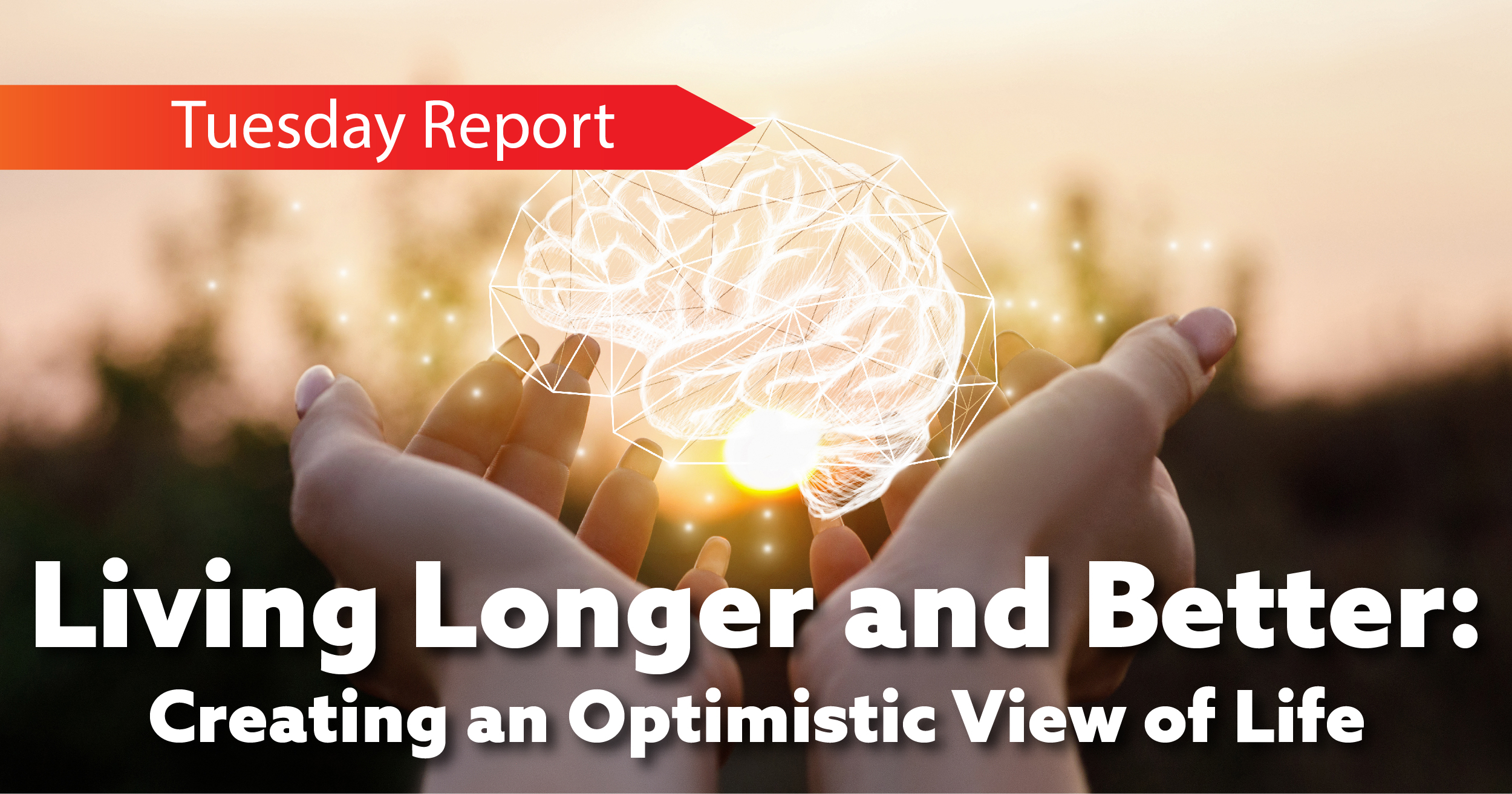I don’t know about you, but I’ve always really admired the thorough–going optimists
—and I have had the doggonedest time being one.
I have friends who love to declare that they are optimists, but I see them biting their fingernails as much as I do. Truth be told, optimism is something that can be difficult to find and hard to hold onto.
I think the professional poker player—though perhaps not a great lifestyle—is the poster person for optimism. The odds are quite against their winning but they still want to get into the game despite the odds, because they believe they’ll win. They play the hand they’re dealt with, and even if the hand isn’t a good one, they have the ability to bet, bluff and often win.
Life is like that—you have to believe that you can win despite what you’re hearing around you. Sometimes we get dealt a hand that’s so bad we want to immediately fold and go have a drink. But life is the hand we’re dealt, and the rest is how we play it.
It’s amazing to see how many dealt a terrible hand have the resilience and stick-to-itive-ness to win against all odds.
I find I’m not a natural optimist.
I’ve been trained by life and business to expect the worst and then to wait for the other shoe to drop. It’s natural. It comes from our ancient human past—the caveperson walks out of the mouth of the cave and there’s the lion waiting for her breakfast.
For me, optimism is learned and counter-intuitive, but the benefits of optimism are astounding.
The Mayo Clinic has done decades of research on the health benefits of optimism. Here are some of their conclusions:
- Increased life span. People travel to remote parts of the world for exotic treatments, hoping to live longer, but inside us is the ability to live longer through an optimistic outlook.
- Lower rates of depression. Few of us live without bouts of depression. About 20% of us take some sort of medication for depression. These treatments are godsends to many, but one of the most effective treatments for depression is optimism.
- Lower levels of distress and pain. Aspirin, if it were invented today, would be heralded as a wonder drug, but inside our minds, the power of optimism has the power to heal both our minds and bodies.
- Greater resistance to illnesses. Optimism won’t keep you from getting sick, but it will boost your resistance to invading germs and viruses.
- Better psychological and physical well-being. Optimism impacts everything in your life for good. Your relationships and your job skills will increase exponentially by being optimistic.
- Better cardiovascular health and reduced risk of death from heart disease and stroke. These diseases are some of the most devastating health events that can happen to a person, and optimism is the greatest preventative medicine.
I know a few people who are 24/7 genuine optimists, but most of us have to practice and learn optimism—it can be done. When you begin to practice optimism, the results measured in health and effectiveness in your life will be astounding.
Here are some awesome tools for you to gain the optimistic point of view.
- Ditch the belief in that pessimism has its merits. Pessimism, as a guiding principle to our lives, is not the responsible way to live. An optimistic person is a productive person—pessimism is a pathology to be treated and cured. I must be willing to go against my nature and everything I hear on the news or from people who would drag me down every day, to look for the positive and link myself to it.
- Change the chatter in your head. I have to feed myself positive messages, develop a plan for the day, and get out and get busy. A regular program of exercise every day increases optimism and defeats pessimism.
We don’t choose our thoughts, our thoughts choose us, and they will barrage us with the awful things that could happen, the problems we confront, the people who don’t like us. We have to escape isolation, get out, get busy, create, and do good. - Stay on the Road in the Correct Lane. Carol and I have a list of goals and affirmations we have read every morning for several decades. One affirmation is, “The energy of optimism propels us. We are always expecting the best.” When we read this every morning when we wake up, I’m feeling optimistic and ready to conquer the world. Then by 10 AM my pop-up thoughts tell me that optimism is just one more lie. I’ll fail at the speech I’m giving, and everyone will laugh at me. I’ll give my proposal and it will be rejected.
I’ve learned that attacks of pessimism are natural to the daily process. It’s like a vehicle that swerves too close to oncoming cars. You just have to turn the steering wheel and get firmly back in the center of the lane.
Many years ago I heard a story on NPR when I was really down that has guided my life. It was about a little boy, very ill, who wrote a book, “A Child’s Book of Cancer.” The key theme of his book was the affirmation, “This story ends well.” I repeat this child’s affirmation every time I see the future as dark and bleak, “This story ends well.” And I believe, whatever is going on in my life, it’s going to end well and in the face of whatever is happening, “this story ends well.”






